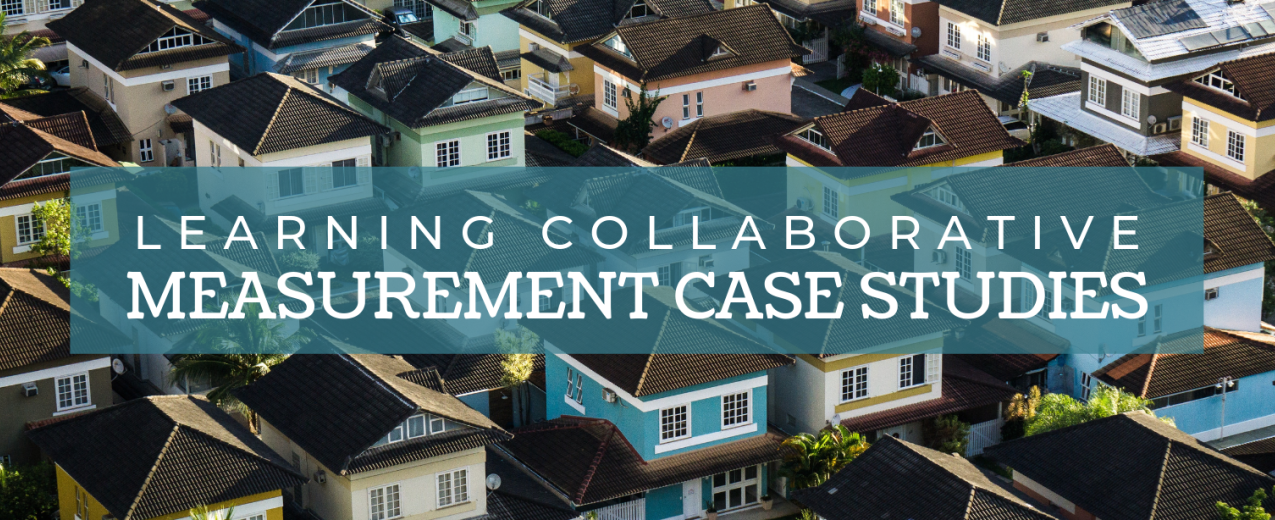
- Project summary
- 30 April 2019
Organisations involved
Oxfam, multiple local and research partners
Summary
In partnership with civil society organisations, Oxfam's "Creating Spaces to Take Action on Violence Against Women and Girls" is implemented in six countries: Bangladesh, India, Indonesia, Pakistan, the Philippines and Nepal. The project seeks to reduce violence against women and girls, and the prevalence of child, early, and forced marriage. This project reaches 245,000 direct and 980,000 indirect beneficiaries.
Social norms of interest
Harmful gender norms, violence against women and girls (VAWG), and child, early, and forced marriage
Behaviours of interest
Gender-based violence (GBV), early marriage
Project components
The overall project framework revolves around three pillars.
Pillar 1 - Engaging key community actors to support and promote positive gender norms. Strategies and activities for this pillar target three groups: influencers (religious and community leaders, political leaders, and private sector), youth/adolescent, and women and girl community leaders; with desired outcome of strengthening their engagement to advance women’s leadership and rights, and to reduce violence against women and girls, and child, early and forced marriage.
Pillar 2 - Supporting women and girls who have experienced violence. Strategies and activities in this pillar target women and girls who have experienced violence, including child, early and forced marriage, along with staff of key institutions (civil society organisations, especially women’s rights organisations, state and private sector) that offer either social and legal support services or economic opportunities, with the desired outcome of improving access by these women and girls to such services.
Pillar 3 - Building knowledge and capacity of institutions and alliances to influence change. Strategies and activities in this pillar target partner civil society organisations, especially women’s rights organisations, national and regional, networks and alliances. The desired outcome is to support increased use of innovative knowledge, including best and emerging practice for response, prevention, and accountability mechanisms, to end violence against women and girls, and child, early, and forced marriage.
Social norms measurement
The Oxfam Social Norms Diagnostic Tool was used to identify social norms related to behaviours of interest. Quantitative baseline/endline surveys are being used with social norms items to assess normative change.
Key findings to date
Results achieved as of March 2017 include: (1) a detailed baseline study was completed in Bangladesh, Indonesia, Nepal, Pakistan and the Philippines; (2) 69 workshops took place in Nepal through which 2,865 influencers (religious and community leaders, political leaders, and private sector) were oriented on legal frameworks around women’s rights. In Bangladesh, 4 workshops conducted in 5 districts reached 149 service providers; (3) 109 youth groups and 17 community groups were formed in Bangladesh and Pakistan to raise awareness on women’s and girls’ rights; and (4) mass media campaigns were launched on International Women’s Day in Bangladesh and Pakistan. In Pakistan, rickshaw wallahs were used to share information about violence against women and the role of community members in stopping it. A total of 24,099 direct beneficiaries were reached in the first year of the project (5,619 women; 5,125 men; 6,199 female youth; and 7,150 male youth, and 6 children).
Attribution
To contact the author of this methodology or tool, please contact Anam Parvez Butt.
The preferred citation for this tool is: Butt, A.P, Valerio, K., Davies, I. 2018 Social Norms Diagnostic Tool, Oxfam GB.

Map of social norms-focused projects and measurement approaches
- Countries / Regions:
- Bangladesh, India, Indonesia, Pakistan, Philippines, Nepal
- Data collection methods:
- Participatory techniques, Vignettes, Survey